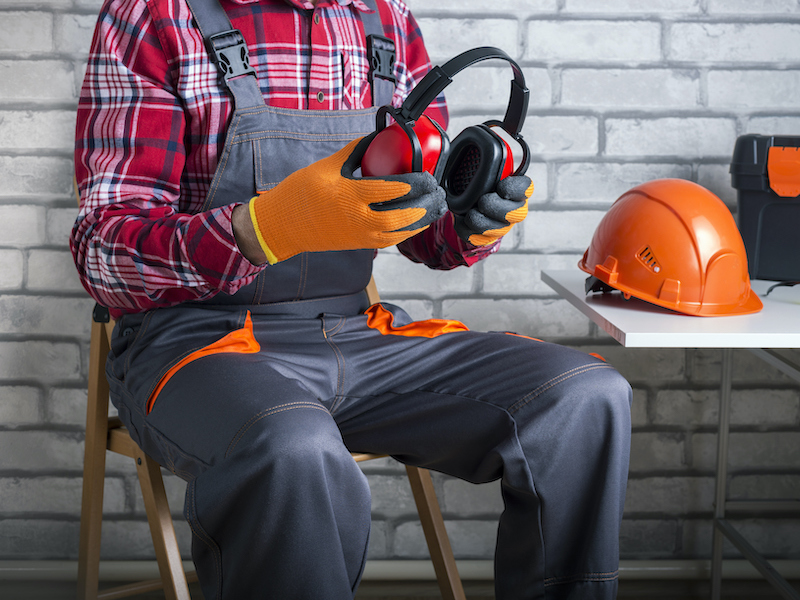
Your ability to hear is valuable – once you lose it, the likelihood of getting it back in its natural form is not likely. But strangely, the general public tends to ignore hearing loss. In fact, permanent hearing loss impacts one out of eight people (nearly 30 million people) 12 and older in the United States alone.
Protecting your hearing from the beginning is the best and easiest way to prevent hearing loss, but if you currently have hearing loss you can get much of your hearing back with a hearing aid.
Protect your hearing with these five tips:
Earbuds should be avoided
Earbuds are one of the biggest dangers to hearing health today since they’ve come as an accessory to most mobile devices going back to the first MP3 players in the early 2000s. Nearly every smartphone available comes with a pair of these little devices that fit snugly in your ear and pump sound straight into your ear canal. You can get irreversible hearing damage by listening to music or a movie on your mobile device at maximum volume for just 15 minutes. The better choice would be to get a pair of earmuff-style headphones that go over your ears, which is made even better if you can find a pair that has noise-canceling technology. Following the 60/60 rule, which suggests a maximum volume of 60% for no more than 60 minutes a day, is another safety measure to safeguard your hearing.
Keep your volume down
Earbuds don’t generate the only sounds that can damage your hearing. Loud sounds from a TV or radio can do as much harm if you consistently listen to them over a prolonged period of time. You’ll also want to steer clear of situations where loud sounds are constant, like construction zones, concerts, and firearm ranges. Steering clear of these situations may only happen in a perfect world, especially if you’re a construction worker or a musician. If that’s the situation, then you’ll want to pay attention to the next item on the list.
Hearing protection will be helpful
Hearing protection is a must if you work in a setting or enjoy hobbies that expose you to loud noises. Hearing loss can happen in just 15 minutes at 85 decibels. To put that in perspective:
- Jackhammers at a construction site produce 130 decibels, which could cause significant harm after a 40-hour workweek
- The average firearm discharge clocks in at 149 decibels, which is multiplied and amplified over the course of a one hour visit to an indoor shooting range
- The majority of concerts are between 100 and 120 decibels with headliners normally playing for around an hour and 20 minutes
The takeaway here is that you should invest in some kind of hearing protection such as earmuffs or earplugs if you engage in any of these activities.
Take auditory breaks
Sometimes you just need to give your ears a rest. Even if you wear hearing protection, if you are subjected to loud sounds like these for prolonged periods, you should take some quiet breaks to give your ears some time to rest. That means, you probably shouldn’t get into your car and start blasting loud music right after you leave a 3-hour concert.
Check your medicine
Your hearing could be substantially affected by the medication you use. Aspirin, anti-inflammatories, antibiotics, and certain heart and cancer medications have all been proven to trigger hearing loss. The good news is that medication-related hearing loss is not common and is more likely if you take two or more of those medications together making it easier to prevent.
Are you suffering from hearing loss and want to find new treatment? Contact us today to schedule a consultation.
Call Today to Set Up an Appointment
Resources
https://www.cdc.gov/nceh/hearing_loss/how_does_loud_noise_cause_hearing_loss.html
https://armeddefense.org/hearing-protection
https://www.uofmhealth.org/health-library/tf3092